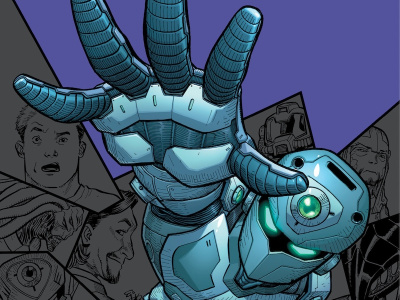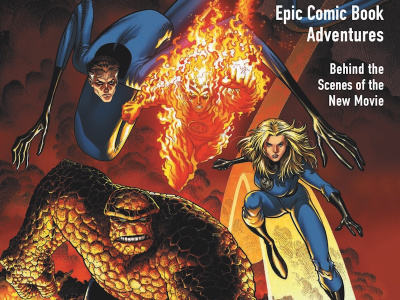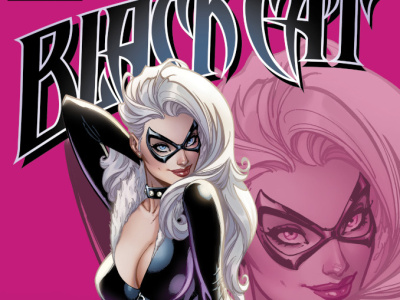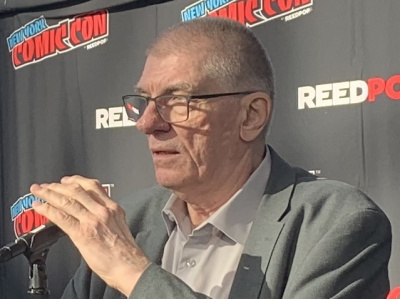
J. Michael Straczynski, the creative force behind Babylon 5, is the showrunner and executive producer behind Jeremiah, a new science fiction series that will debut on the Showtime Cable Network at 8pm (ET/PT) on Sunday, March 3. Based on a brilliant series of graphic novels by the European artists Hermann Huppen (see 'Jeremiah To Be TV Series'), Jeremiah posits a future in which a deadly epidemic has killed everyone except those who had not yet reached puberty. Twenty episodes have been ordered.
Luke Perry, of 90210 fame, stars as the young hero who makes his way through a broken and decadent civilization searching for the 'Valhalla Sector,' which may be the only peaceful place left on the planet. Jeremiah, a loner by nature, is joined on his journey by his na?ve but colorful friend, Kurdy, played by Malcom Jamal-Warner.
The Jeremiah series is being distributed by MGM, which also distributes two other contemporary science fiction series, Stargate SG-1 and The Outer Limits, to the Showtime Network. Scott Mitchell Rosenberg, the founder of Malibu Comics, is co-producing Jeremiah through his Platinum Studios. Platinum represents a growing catalog of more than 1000 international and domestic comic book characters. The launching of the Jeremiah TV series is a major step forward in Platinum's evolution as a Hollywood player.







